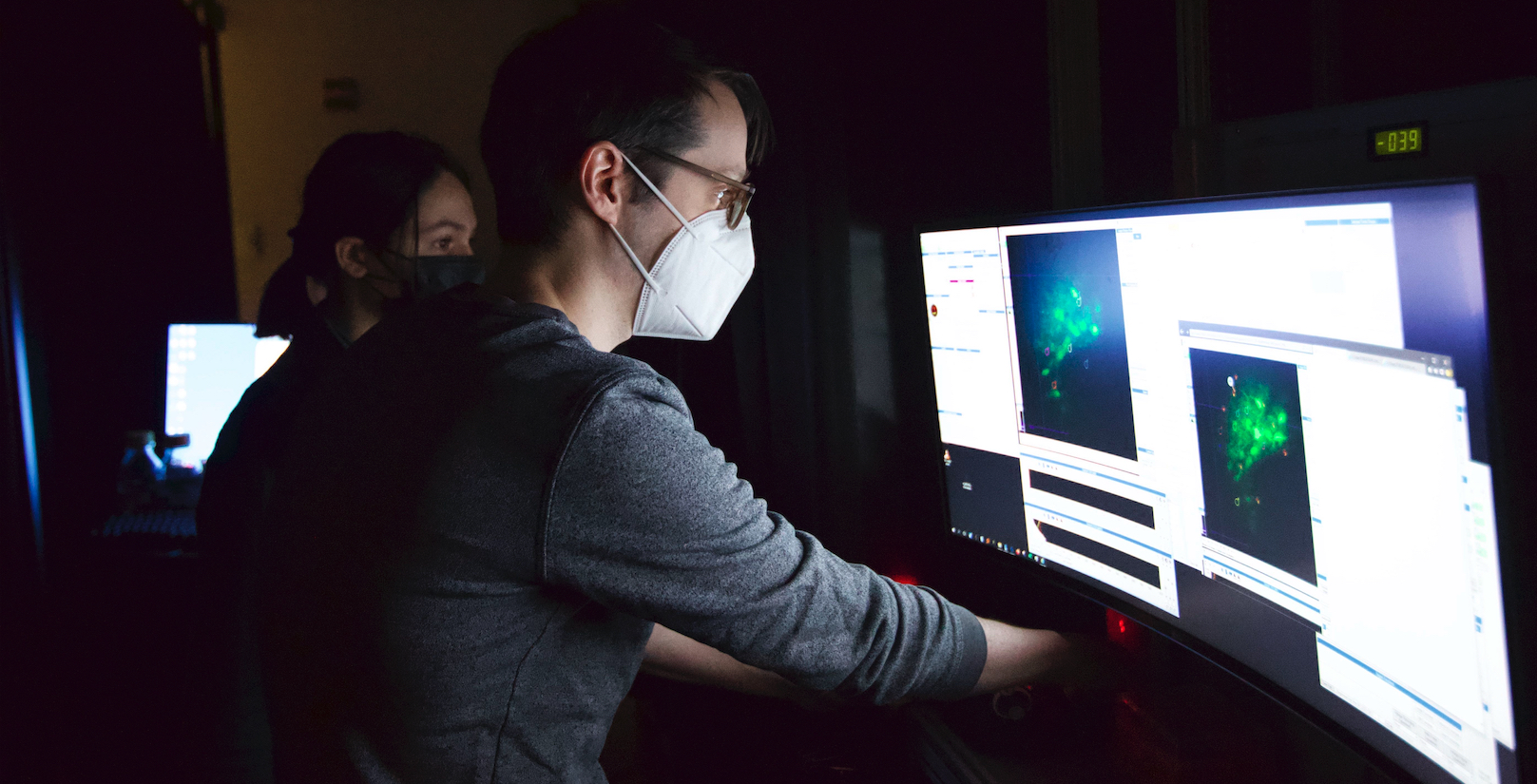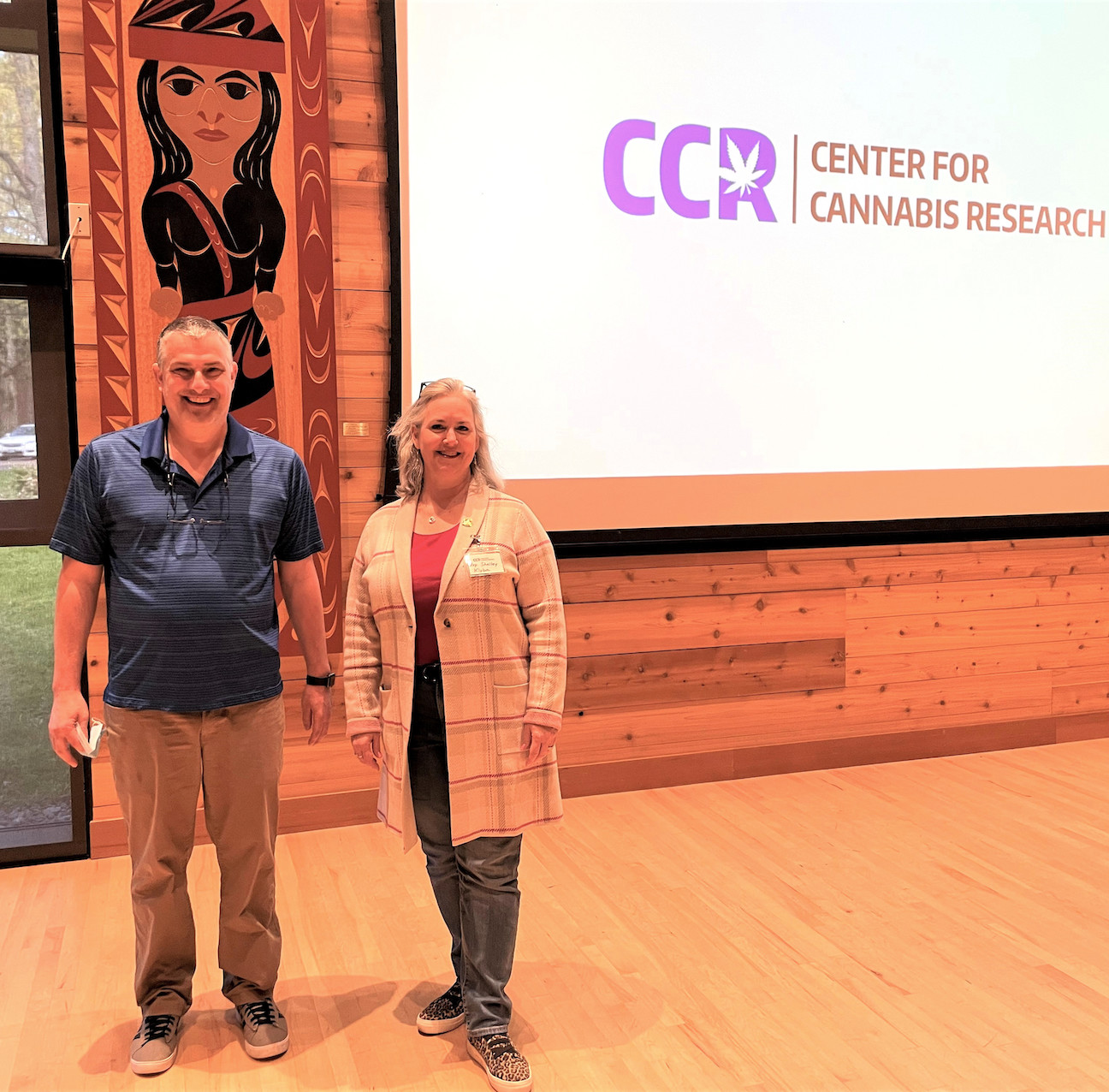Denise D. Walker, Ph.D.


Dr. Denise Walker’s eyes shine when she describes her clients’ stories replete with struggles and stress, but also resilience. She finds that people are often in truly rough life situations, experiencing strong emotions that they can’t manage. Dr. Walker meets people where they are—which often is in a defensive stance about their Cannabis use. She finds that when people don’t feel cornered, they can explore more deeply the impact of their Cannabis use. She is motivated by the moment when her clients experience the relief of being heard and understood.
Dr. Walker uses the check-up model to attract clients and motivational interviewing to guide clients in setting and reaching their own goals concerning Cannabis use. By exploring the question, “How has Cannabis impacted you?” Dr. Walker can help clients gain insight into what they want to change about their behavior and how to change it. Quitting Cannabis use might not be the end goal for everyone. Instead, other successful outcomes might include risk reduction (for example, not combining Cannabis with driving) or finding medically-proven ways to deal with real life issues that can drive people to Cannabis, such as anxiety, depression, or PTSD. There are good treatments for these issues, but Cannabis isn’t one of them.
The check-up model actively seeks to engage non-treatment-seeking people in the intervention. Historically, people have not pursued care because of misinformation (messages from friends that Cannabis isn’t addictive), stigma, cost of care, or a mis-match in the perception of the kind of people who need treatment—not seeing oneself as fitting into a treatment framework. People also assume that a counselor will require that they quit using Cannabis altogether.
Dr. Walker worked closely with and was inspired by Roger Roffman and Robert Stephens, who were some of the first people to conduct research on Cannabis use disorder treatments. Her graduate school mentor was William Miller, the co-developer of motivational interviewing, who has been cited more than Freud.
As an academic her job is not only to reach and help her own clients, but also teach others. In a recently completed dissemination and implementation study she relished finding people within schools who were motivated to use proven methods, from attendance counselors, to school nurses, to the school librarian—people who had the will and compassion to help adolescents with Cannabis use disorders. She is concerned that proven practices have not been more widely used and considers the questions: How can we enhance the check-up model to make it easier to use? How should we advertise intervention services? (Below is one advertisement Dr. Walker used to recruit clients.)
Dr. Walker says, “People are complex. By helping people we become intellectually curious because there is so much to know and learn.” That intellectual curiosity is currently leading her to leverage evidence-based interventions to benefit more specialized, vulnerable populations, such as people with psychosis.
Dr. Walker started her career studying alcohol use issues, but quickly found Cannabis to be a more fascinating and challenging field, bridging policy, culture and health. She says, “Cannabis is the only substance of abuse with such strong cultural beliefs that it’s not addictive.” She is heartened that Cannabis is now being studied more thoroughly; researchers’ hands have been tied for so long because of the illegal status of Cannabis. She welcomes the research into positive effects of CBD for pain in addition to her own field exploring Cannabis use disorders.

Funding
Dr. Walker’s research funding comes from the National Institute on Drug Abuse (NIDA), a Royalty Research Funding award (through UW), and the U.S. Department of Defense.
Publications
Recent publications by Dr. Walker on Cannabis include:
Interventions for cannabis use disorder.
Winters KC, Mader J, Budney AJ, Stanger C, Knapp AA, Walker DD. Curr Opin Psychol. 2021 Apr;38:67-74.
Treating cannabis use disorder: Exploring a treatment as needed model with 34-month follow-up.
Stephens RS, Walker R, DeMarce J, Lozano BE, Rowland J, Walker D, Roffman RA. J Subst Abuse Treat. 2020 Oct;117:108088.
Sequential and simultaneous treatment approaches to cannabis use disorder and tobacco use.
Lee DC, Walker DD, Hughes JR, Brunette MF, Scherer E, Stanger C, Etter JF, Auty S, Budney AJ. J Subst Abuse Treat. 2019 Mar;98:39-46.
The Implications of Cannabis Policy Changes in Washington on Adolescent Perception of Risk, Norms, Attitudes, and Substance Use.
Blevins CE, Marsh E, Banes KE, Stephens RS, Walker DD, Roffman RA. Subst Abuse. 2018 Dec 6;12:1178221818815491.
Psychometric assessment of the marijuana adolescent problem inventory.
Knapp AA, Babbin SF, Budney AJ, Walker DD, Stephens RS, Scherer EA, Stanger C. Addict Behav. 2018 Apr;79:113-119.
Frequency of Cannabis Use Among Primary Care Patients in Washington State.
Lapham GT, Lee AK, Caldeiro RM, McCarty D, Browne KC, Walker DD, Kivlahan DR, Bradley KA. J Am Board Fam Med. 2017 Nov-Dec;30(6):795-805.
Changing social norms: The impact of normative feedback included in motivational enhancement therapy on cannabis outcomes among heavy-using adolescents.
Blevins CE, Walker DD, Stephens RS, Banes KE, Roffman RA. Addict Behav. 2018 Jan;76:270-274.
Implementing the teen marijuana check-up in schools-a study protocol.
Hartzler B, Lyon AR, Walker DD, Matthews L, King KM, McCollister KE. Implement Sci. 2017 Aug 10;12(1):103.
Legalization of cannabis: Considerations for intervening with adolescent consumers.
Walker DD. Prev Med. 2017 Nov;104:37-39.
Interview by Nancy Ottman Press, 5/17/22





